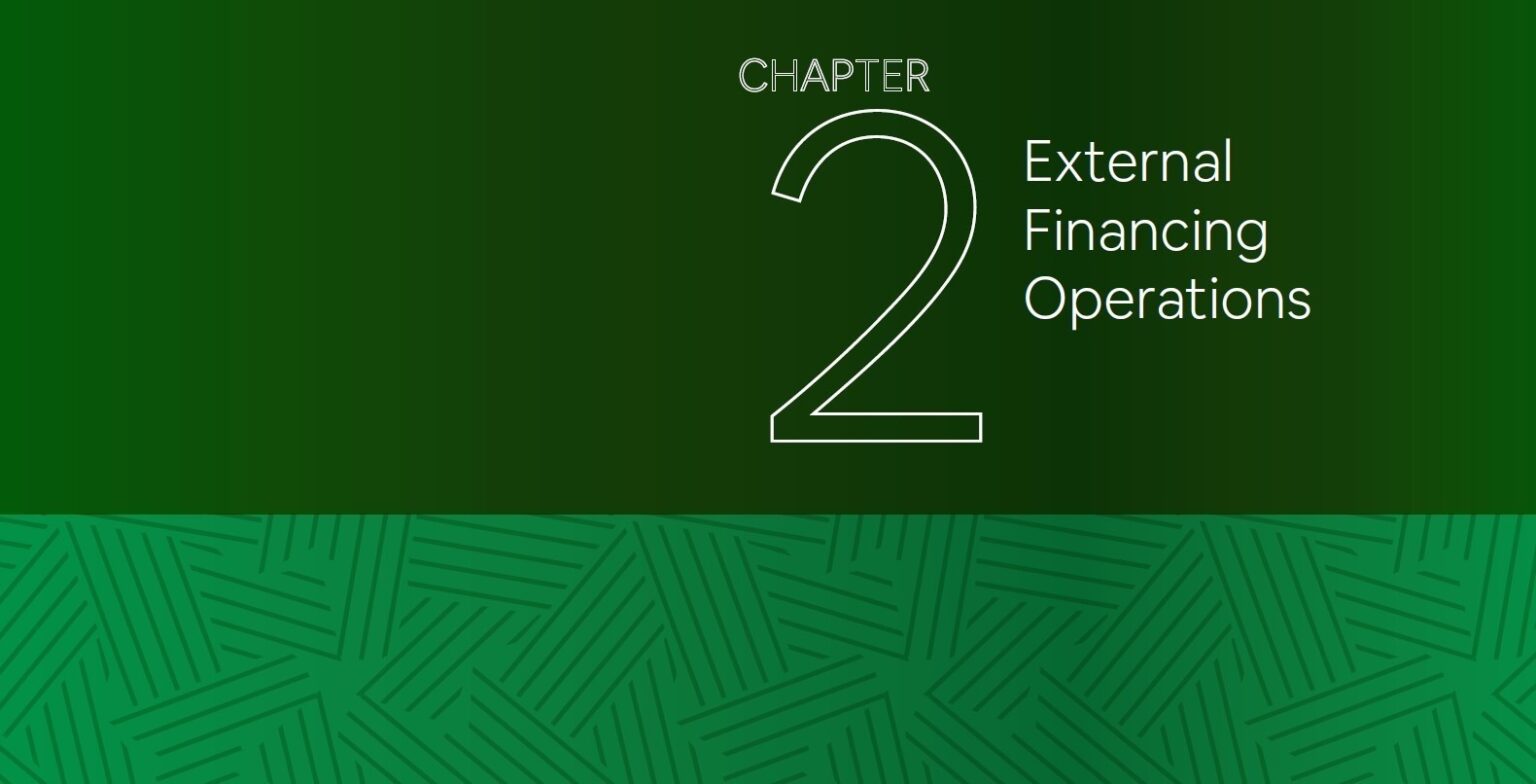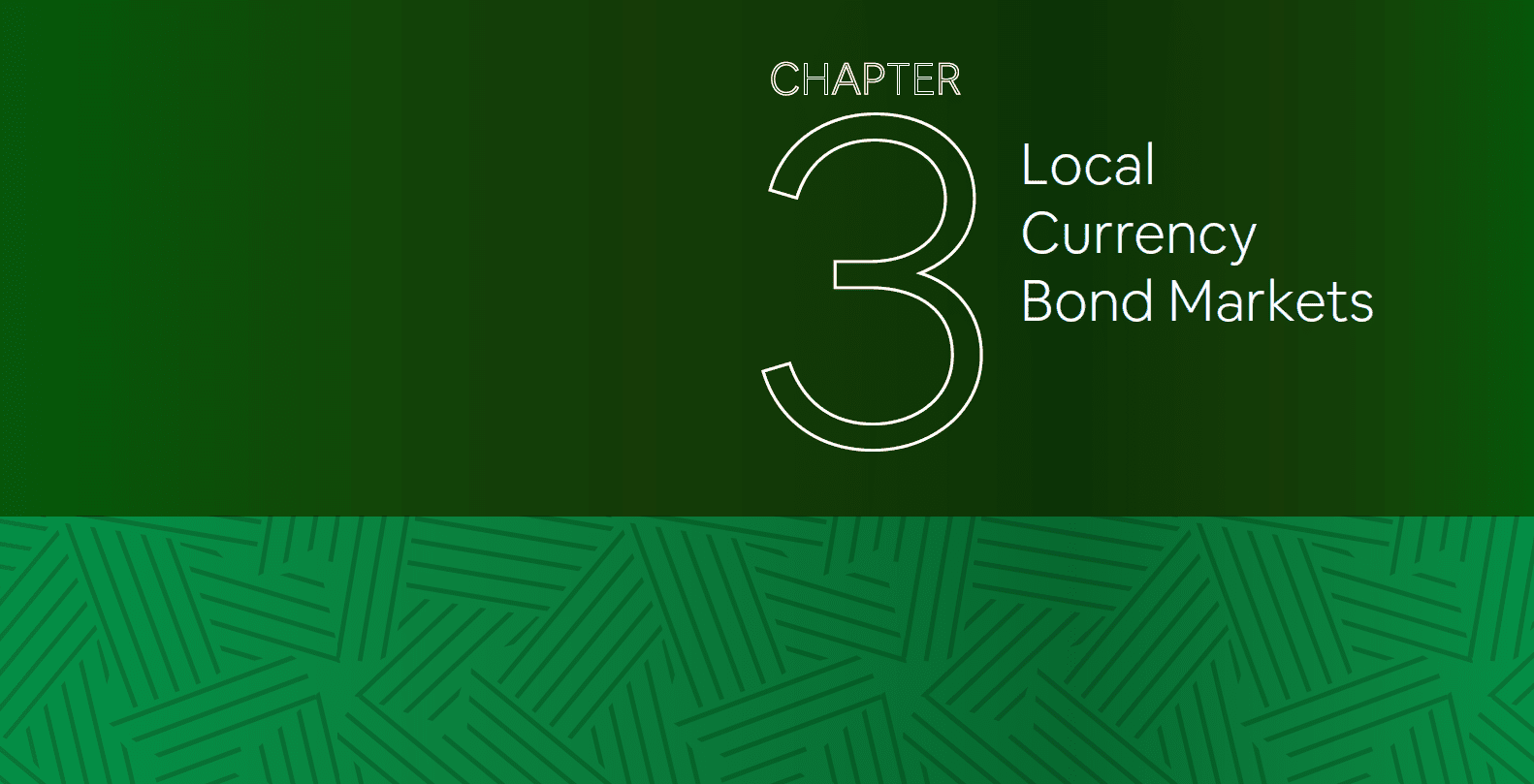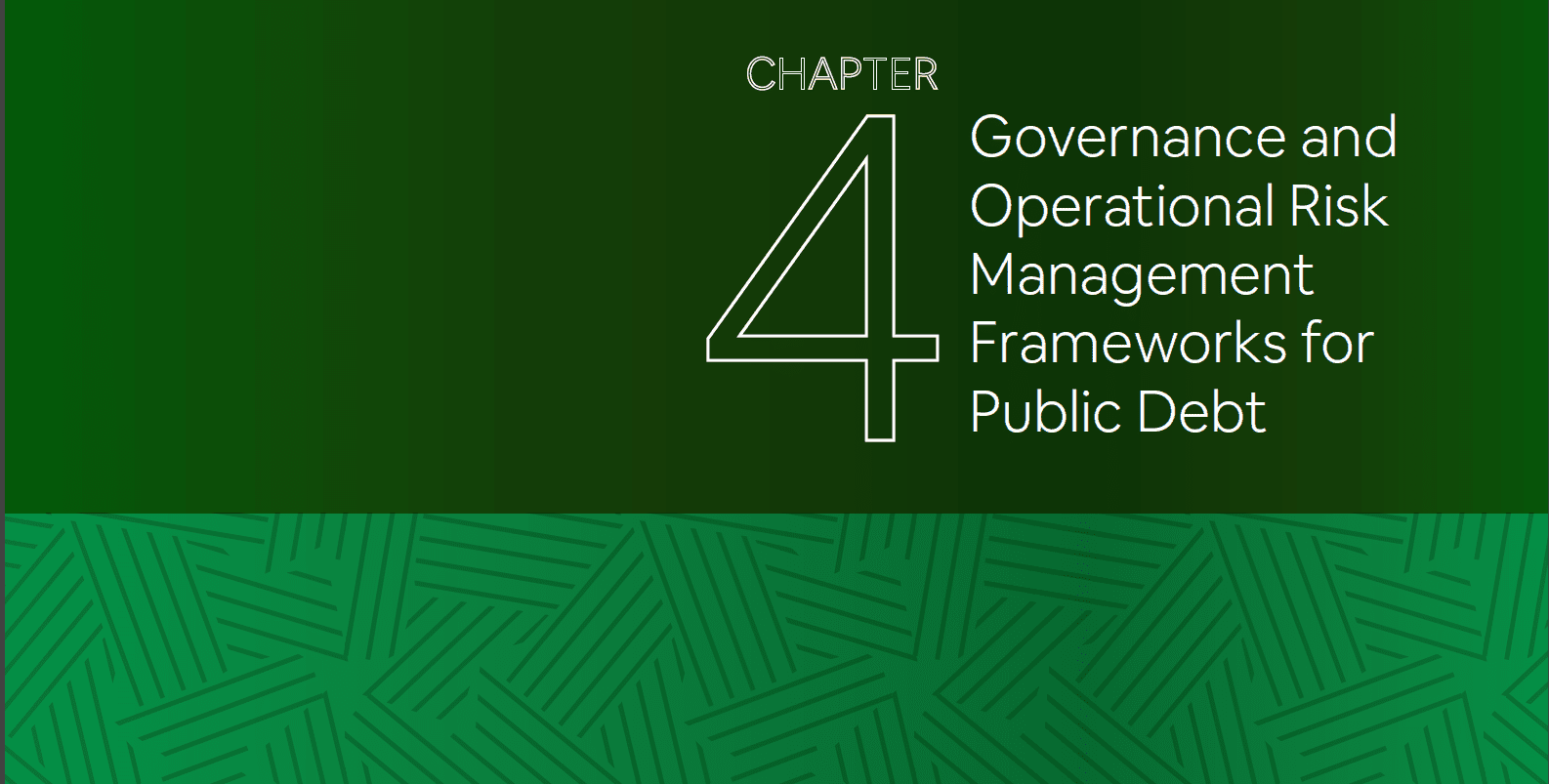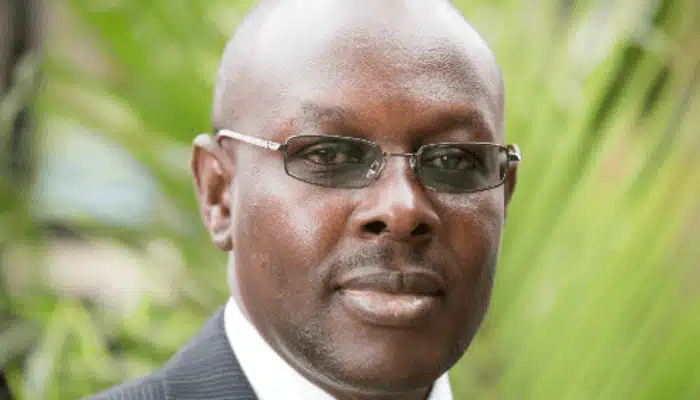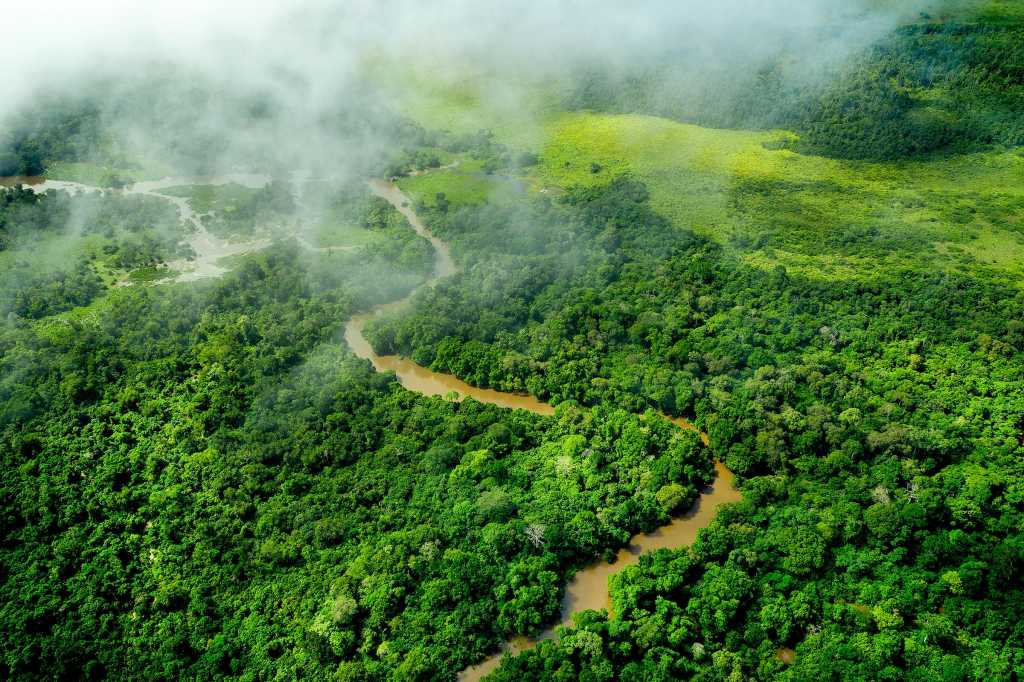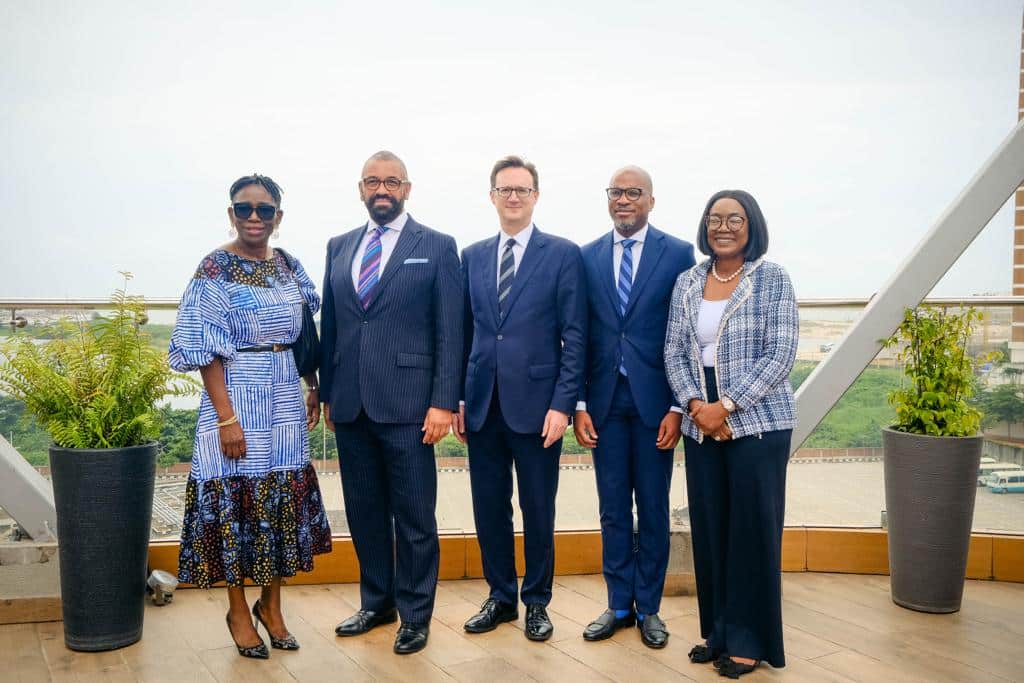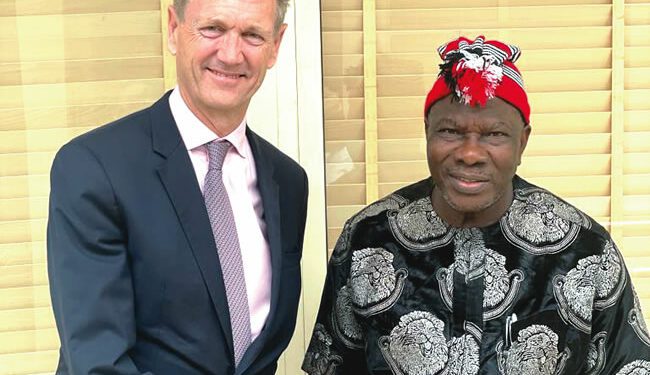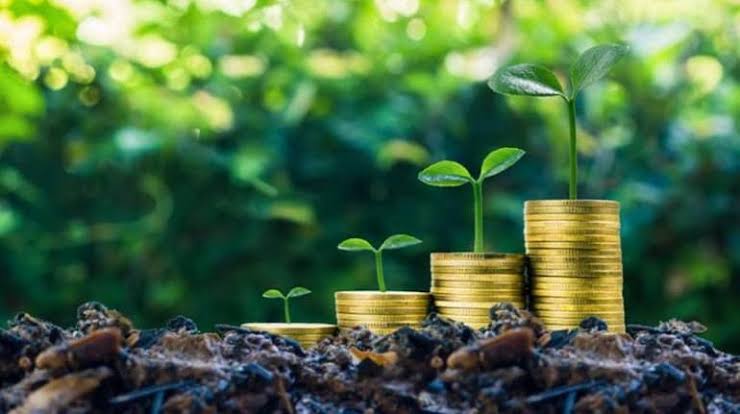Finance experts and stakeholders at the FSD Africa Capital Market Roundtable Series have underscored the critical role of climate finance in supporting sustainable development and addressing social priorities in Africa.
Dr. Evans Osano, the director of Capital Market at FSD Africa, brought to light the urgent need for increased climate finance to tackle the pressing challenges of the climate crisis on the continent.
During the roundtable discussion held in Lagos, Dr. Osano emphasized that climate finance in Africa must grow exponentially, rising nine-fold from its current level of $30 billion to an astonishing $277 billion.
This substantial increase is essential to fund the implementation of Nationally Determined Contributions (NDCs) and address the mounting costs associated with climate change mitigation and adaptation.
A significant concern raised during the discussions was the disparity in the distribution of climate finance in Africa when compared to other regions.
While African NDCs had projected that 90% of the funding would come from the private sector and international sources, the reality proved to be quite different, with the private sector’s share of climate finance amounting to a mere 14%, the lowest among all regions.
Further analysis revealed that a substantial 74% of private sector investment in climate finance was concentrated in the energy sector. To promote sustainable growth on the continent, Dr. Osano stressed the importance of diversifying investments across other climate-resilient sectors as well.
The global landscape of climate finance was also examined during the event. It was disclosed that global climate finance had doubled over the past decade, reaching an impressive $850 billion in 2021.
However, to achieve Net Zero targets, an annual investment of at least $4.3 trillion is required. While private sector investment is on the rise, it still falls short of the scale and speed necessary to transition to a sustainable future.
Notably, renewable energy dominated mitigation finance, accounting for 70% of the total over the past decade. However, there was a call for increased investment in low carbon transport, which emerged as the fastest-growing mitigation solution. The Agriculture, Forestry, and Other Land Use (AFOLU) sectors received relatively low levels of climate finance, indicating a need for more focus and support in this area.
To accelerate climate finance, several financial instruments and strategies were discussed, including Sustainable Bonds and Thematic Bonds. These regulated instruments are subject to the same capital market and financial regulations as other listed fixed income securities.
Additionally, strategies such as demonstration transactions, de-risking through blended finance and guarantees, and the development of investment vehicles like green bonds, funds, and exchange-traded funds (ETFs) were proposed.
The urgency of addressing climate change was highlighted by drawing attention to the top five global risks in terms of likelihood, all of which were environmental concerns. These risks encompassed climate action failure, extreme weather events, biodiversity loss, human-induced environmental damage, and natural resource crises.
Dr. Osano revealed that FSD is actively working to build Africa’s financial markets for sustainable development and is seeking to leverage Nigeria’s $40 billion investible funds to scale up impact.
He stated, “We develop Africa’s capital markets to increase the availability of long-term finance for economic development, to achieve a sustainable future for Africa’s people.”
Oguche Agudah, the CEO of the Pension Fund Operators Association of Nigeria, stressed the need for innovative approaches to address the country’s challenges using the capital they manage.
Agudah emphasized the importance of deploying capital in a manner that compensates providers for their risk and time, as well as incentivizes fund managers to continue tackling these issues.
The roundtable served as a crucial platform for stakeholders in Africa’s financial sector to come together and discuss practical solutions to tackle the climate crisis while prioritizing social needs.
By aligning investment strategies with sustainable development goals, the financial sector can play a pivotal role in shaping a greener and more prosperous Africa for the future
Read original article
